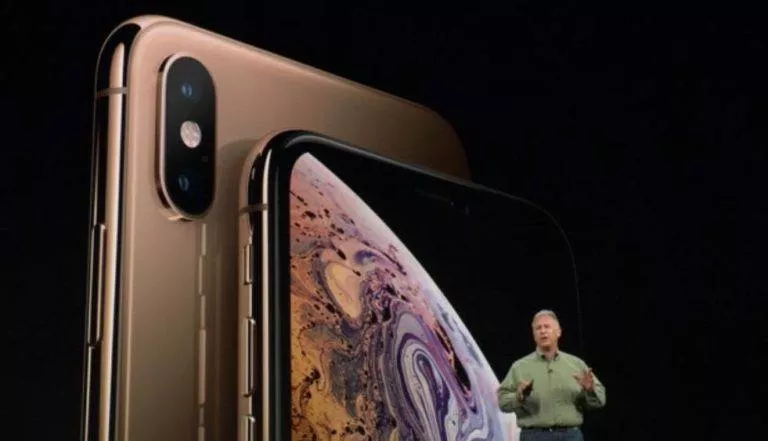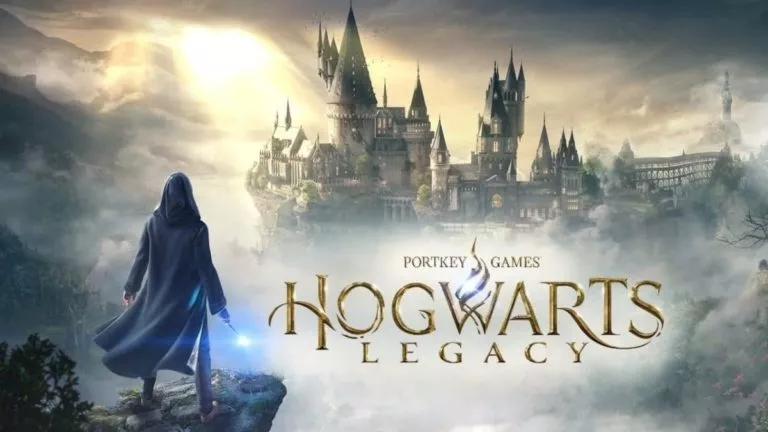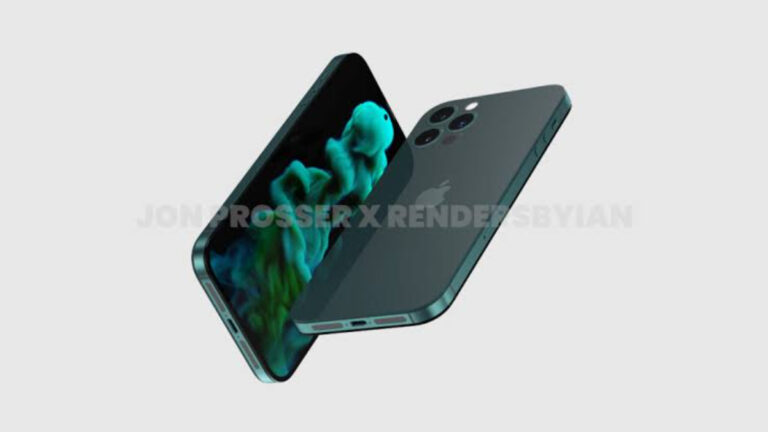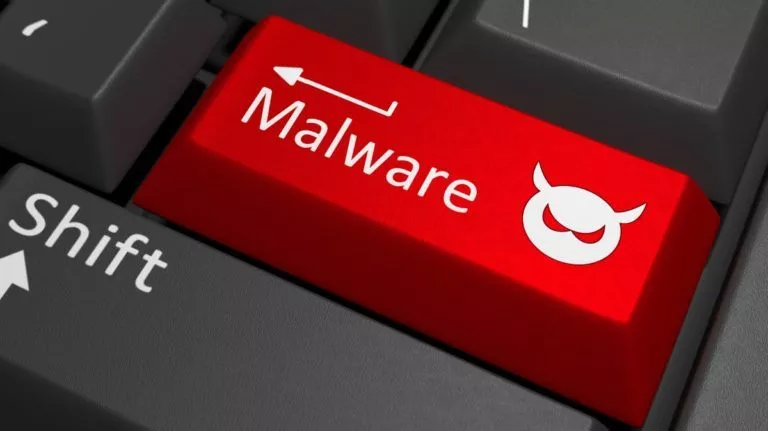China’s Space Program Will Challenge Elon Musk’s SpaceX & Jeff Bezos’s Blue Origin
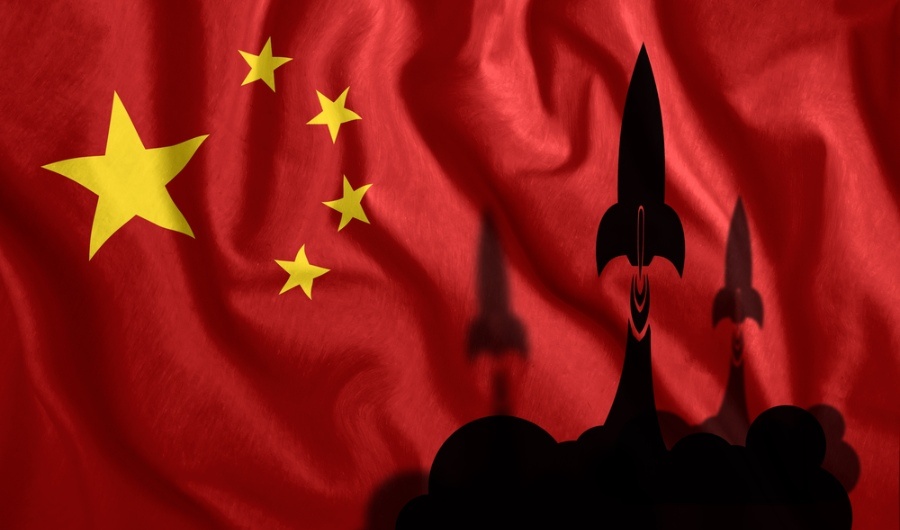
The space industry is currently dominated by the likes of Elon Musk and Jeff Bezos as their companies have undertaken the massive projects of putting satellites and tourists on space.
Both SpaceX and Blue Origin are competing to provide cheaper alternatives to NASA, European space agency, and other government-run space projects.
However, like the smartphone or AI industry that has seen tough competition from other well-funded Chinese players, these space companies will also have to compete with China’s space program.
In 2014, President Xi Jinping loosened the government’s grip on space launches by opening the space market to private-sector investment. It allowed the formation of local companies with goals that challenge Musk’s SpaceX, Bezos’ Blue Origin, and Branson’s Virgin Galactic.
Such small ventures are receiving funds from China-based investors amounting to $8 billion national space budget that is second to the US. These companies can also seek the expertise of rocket scientists from China’s active space program for transporting humans.
There has also been a 50% increase in the number of satellites in space from 2013 to 2017 according to the Satellite Industry Association. So Chinese spacecraft companies could provide an inexpensive way to launch more satellites into the orbit.
“There’s no better time for a commercial rocket firm to grow in China than now,” says Zhang Changwu, the CEO of Beijing-based Landspace Technology Corp.
By 2030, China aims to be in the world’s top three aerospace powers, and in the past three years, more than 60 Chinese companies have joined the commercial space industry. Given that China has been successful in catching up to all spheres of tech, it isn’t hard to imagine that it will soon close the gap in the aerospace domain as well.
Also Read: Major Shareholders Propose To Remove Zuckerberg From Facebook’s Chairman Position

